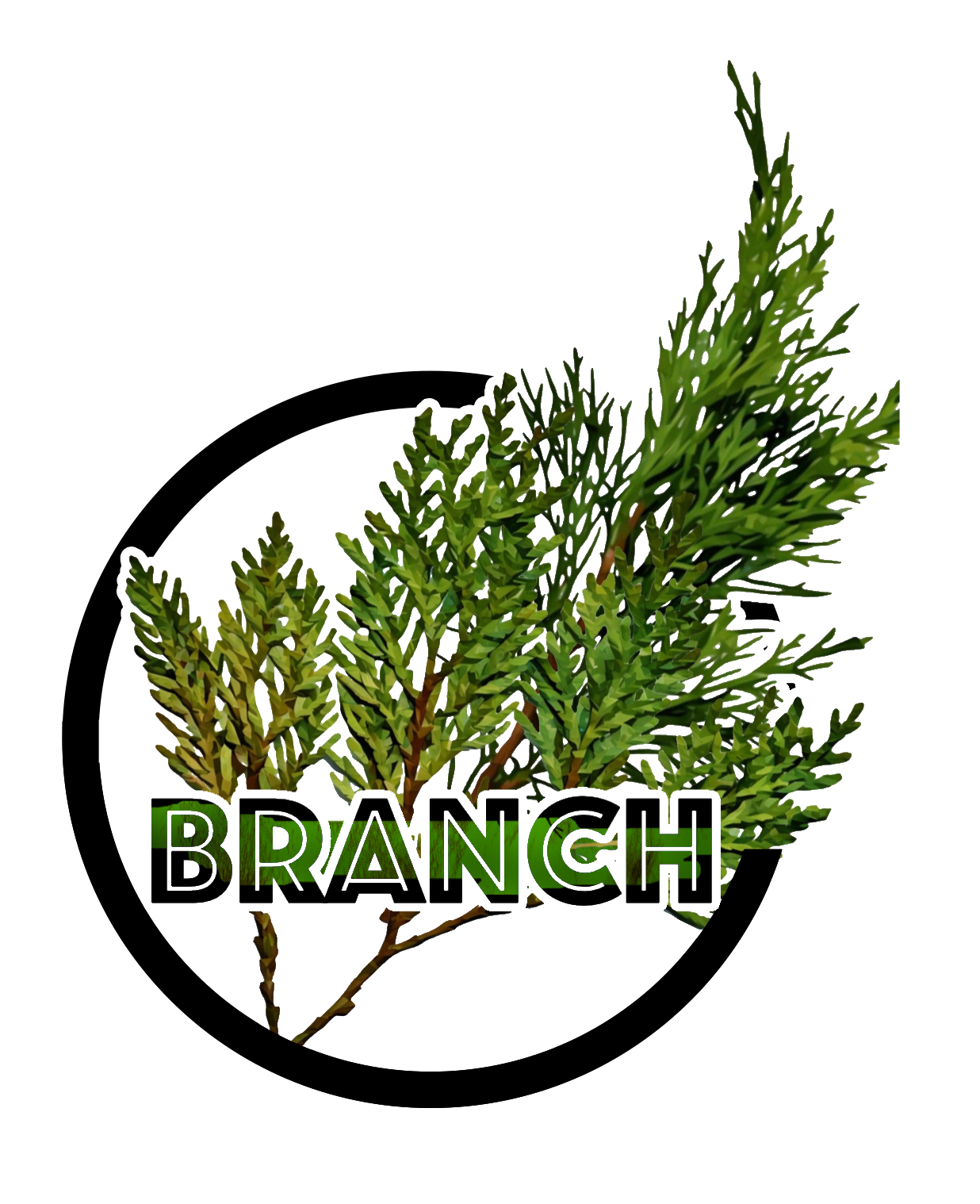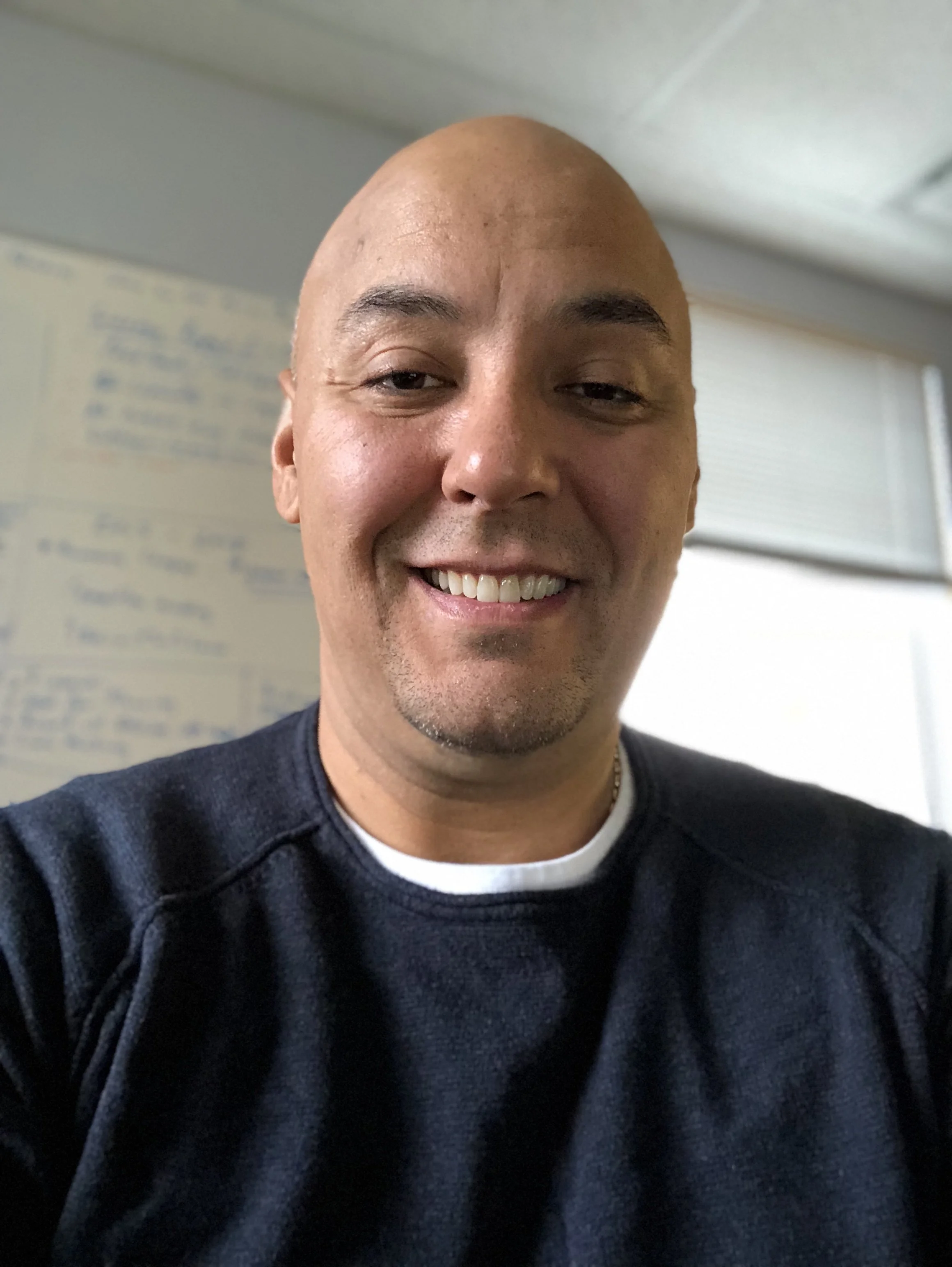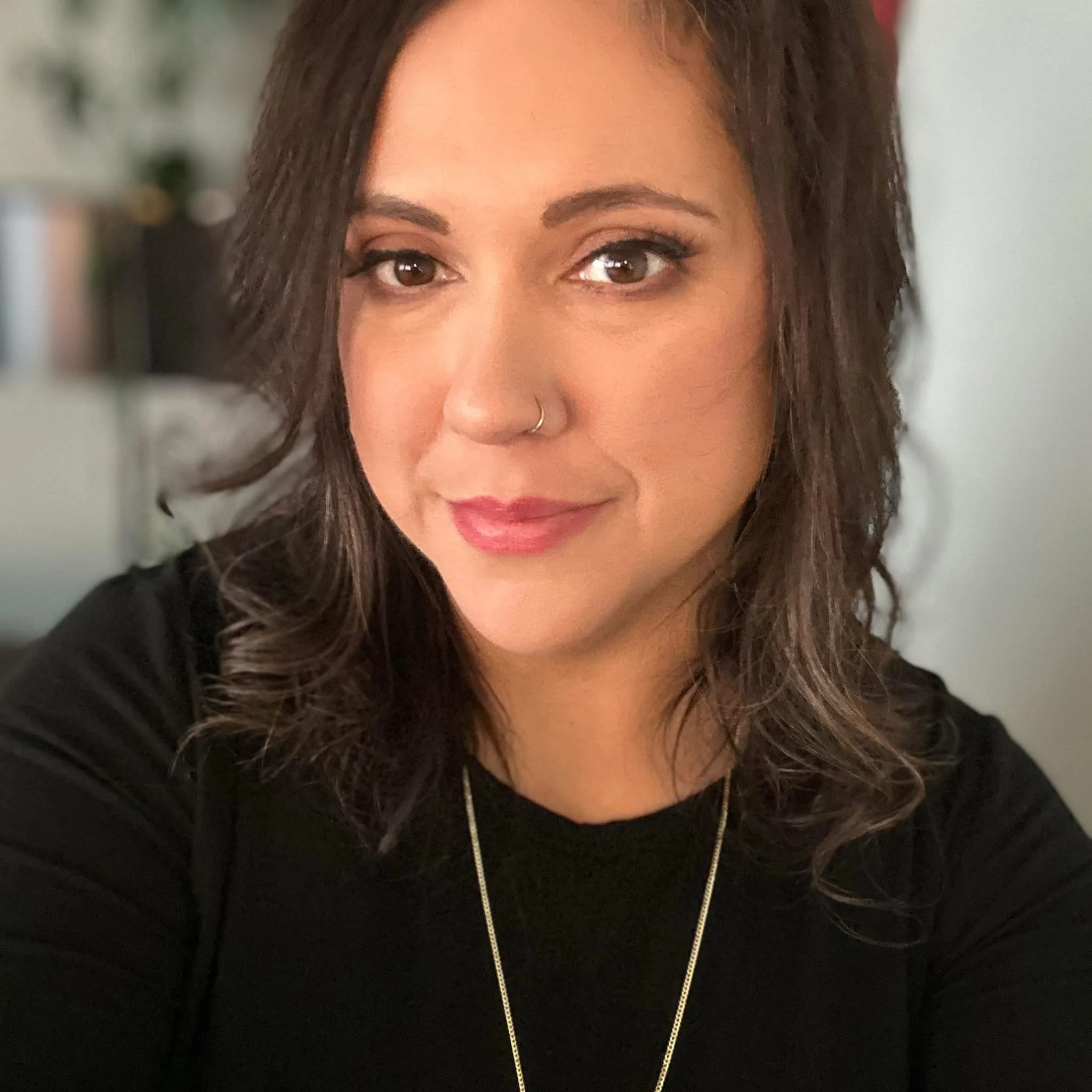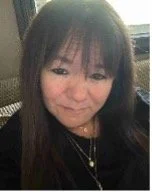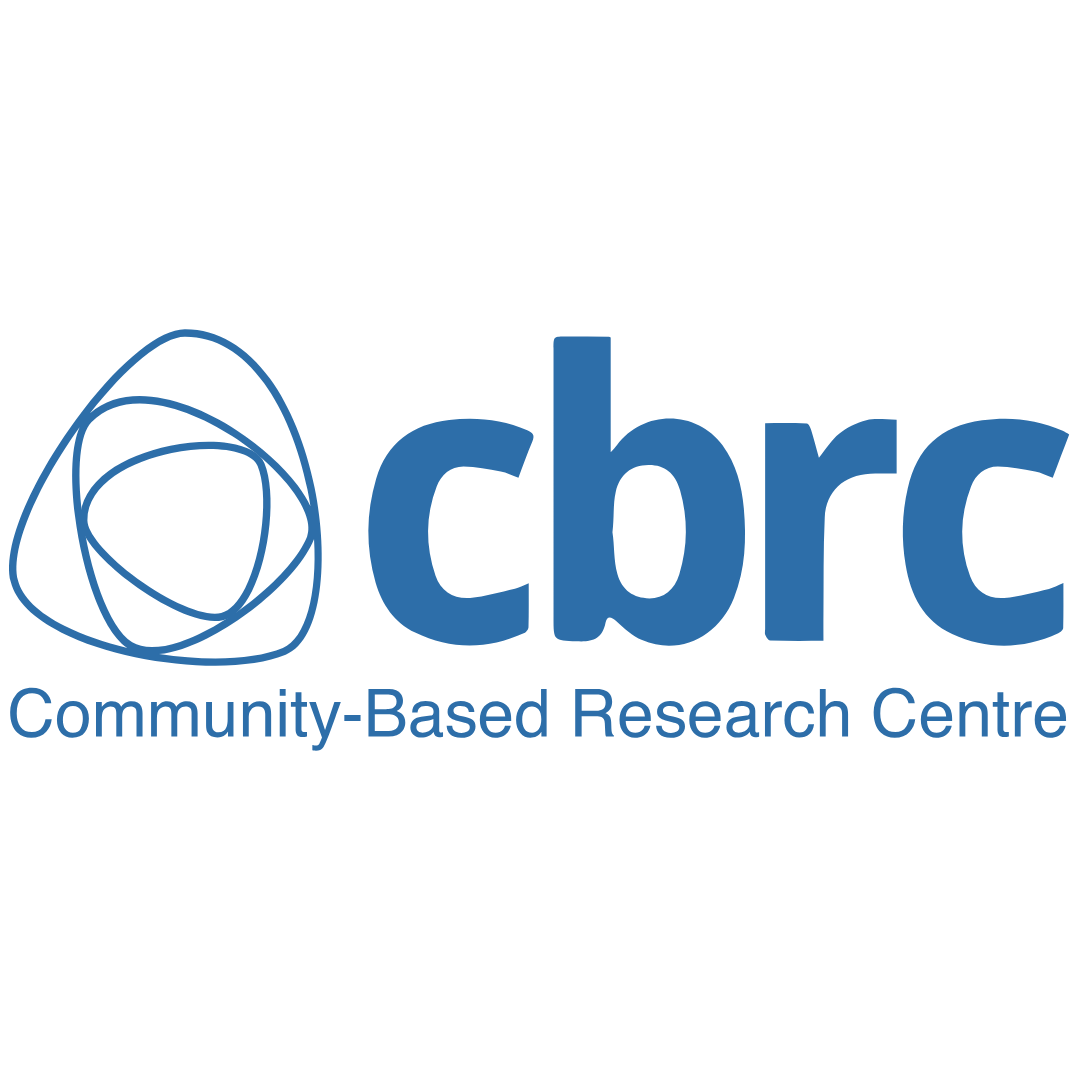Who We Are
Meet our team and learn more about who we are, including our research team, Indigenous Content Committee (ICC) and partners in the BRANCH Project.
Meet the Research Team
-

Dr. Amy Wright, NP, PhD
Dr. Amy Wright’s program of research seeks to understand the experiences of parents with young infants and toddlers, with a focus on Indigenous parenting and cultural safety. Recent work includes how Indigenous mothers experience using health care services to meet the health needs of their infants and demonstrates an urgent need for cultural safety and TVIC training for everyone working in health care. Other community-engaged projects aim to address the needs of Indigenous fathers caring for infants, and to understand the strengths and service needs of gender-diverse Indigenous parents. Dr. Wright has experience in community-based approaches to research, collaborating with Indigenous communities to meet their research goals. Her research is funded by the Canadian Institutes of Health Research and the Social Sciences and Humanities Research Council. Dr. Wright also works clinically as a Neonatal Nurse Practitioner in the Neonatal Intensive Care Unit at McMaster Children’s hospital.
-
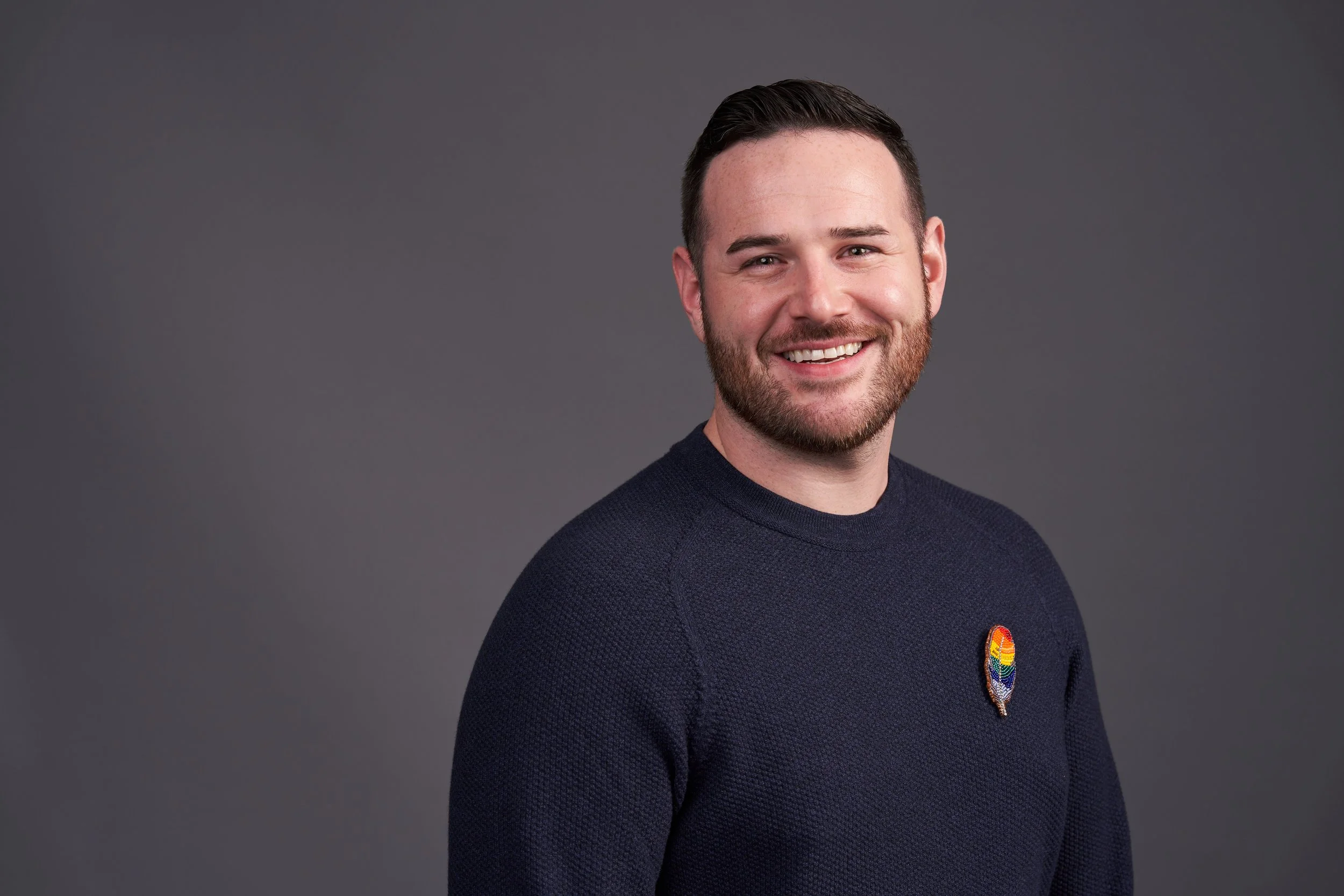
Jessy Dame, RN MSN
Jessy Dame is a very proud Two-Spirit, Métis, Certified Registered Nurse. Jessy was a recipient of the King Charles III Coronation Medal in September 2024. Jessy’s family is from Treaty 1 and 2 territory, which is known today as Winnipeg and St Rose-du-lac. Jessy has worked within Neonatal/Postnatal health. He currently works casually within a queer sexual health clinic in downtown Vancouver. Jessy is the Indigenous Sex and Gender Leader within the Indigenous Wellness team and the Director of Two-Spirit Health with the Community Based Research Centre. Through these roles Jessy is able to work with and for the Two-Spirit community to create resources and advocate for services.
-
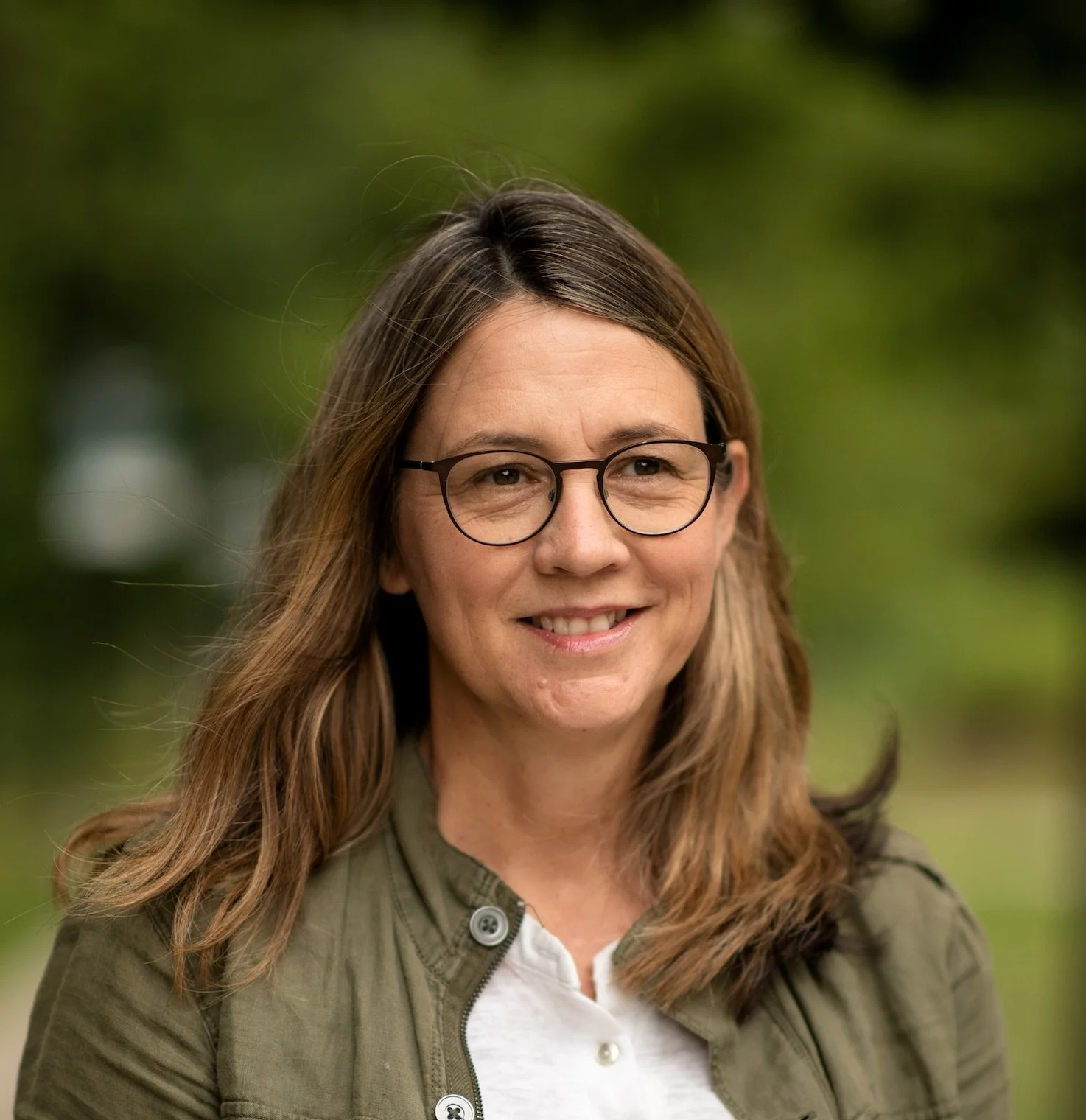
Tracy Galloway, Phd
Tracey Galloway is an anthropologist and health researcher who works closely with northern communities. Her research program examines opportunities for policy improvement in the areas of health and food security.
-
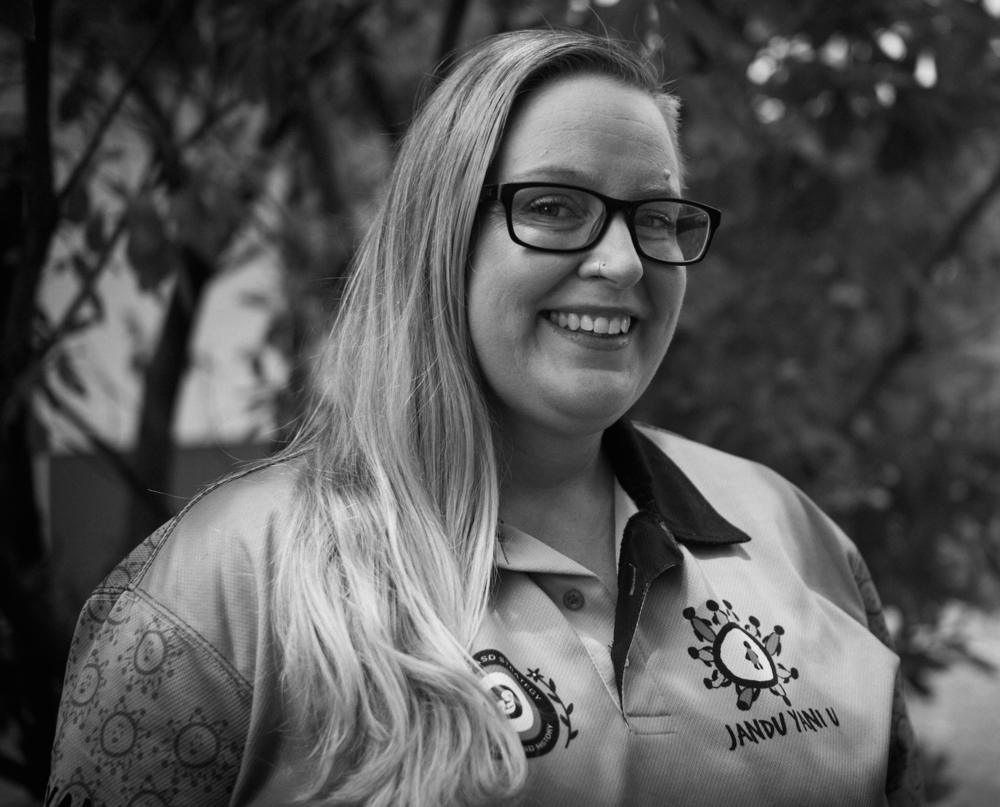
Cari Mcllduff, PhD
Dr. McIlduff obtained a bachelor’s degree in psychology in Canada, with the support of the Terry Fox Humanitarian Award, and has worked in early childhood intervention in a rural School Division in Canada. Cari completed her PhD in Australia exploring best practice methods and cultural safety in working with Indigenous Peoples. Cari has authored a parenting module for families who have or are experiencing trauma and/or toxic stress within the Positive Parenting Program. She co-developed, evaluated and authored the Model of Engaging Communities Collaboratively with Indigenous communities across five countries; a model of culturally safe methodology for community capacity building and social change that was piloted across 42 communities in the Kimberley region of north Western Australia. Cari is dedicated to working with Indigenous communities globally to support, promote and hold space for self-determination, community-led social change and research agendas for what is required in each unique Indigenous community. Cari’s research interests are in mental health, epigenetics, effects of colonization that continues to oppress Indigenous Peoples globally, cultural safety, effects of racism, social change/justice, and child and family wellbeing.
-
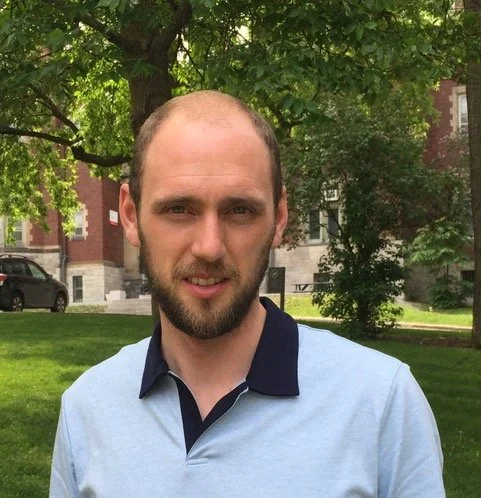
Andrew Hatala, PhD
Dr. Andrew Hatala's research interests include arts-based methodologies, community psychology, community-based participatory research, critical social science, ethnography, Indigenous methodologies, medical and psychological anthropology, and qualitative health research. Dr. Hatala's research focuses on youth wellness, health, and resilience within urban Canadian contexts, as well as exploring diverse healing practices for mental illness and chronic conditions in both Canadian and Belizean Indigenous communities. He examines the social and cultural determinants of health as root causes of health inequities and supports cultural strengths, local Indigenous knowledge, and positive aspects of a community that are needed to promote resilience, health equity, and constructive social transformation.
-
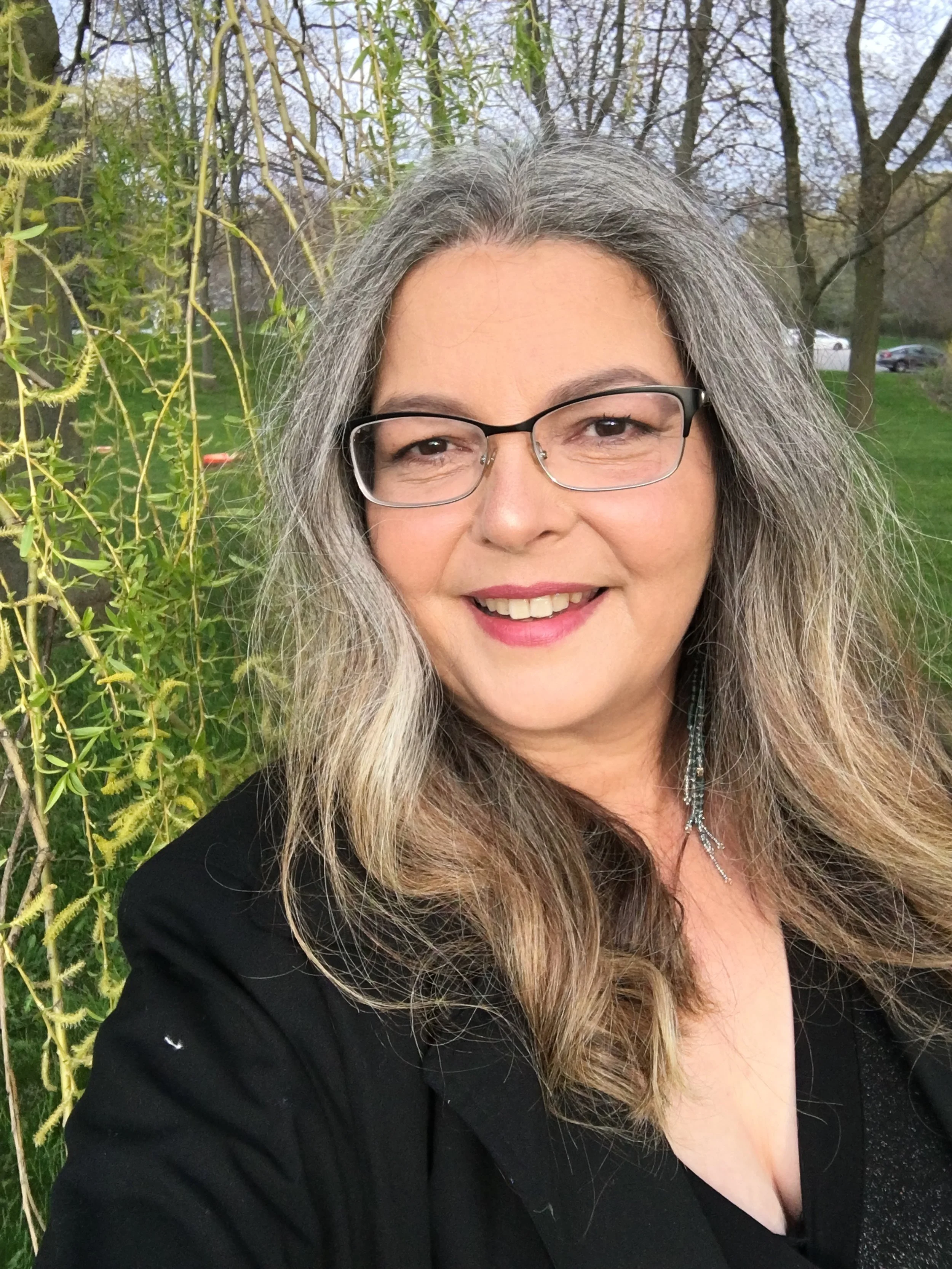
Angela Mashford-Pringle, PhD
Dr. Angela Mashford-Pringle is a member of Timiskaming First Nation (Algonquin) born and raised in Toronto. She is an Associate Professor at the Dalla Lana School of Public Health working at the intersection of Indigenous health and education to find solutions to social inequities
-
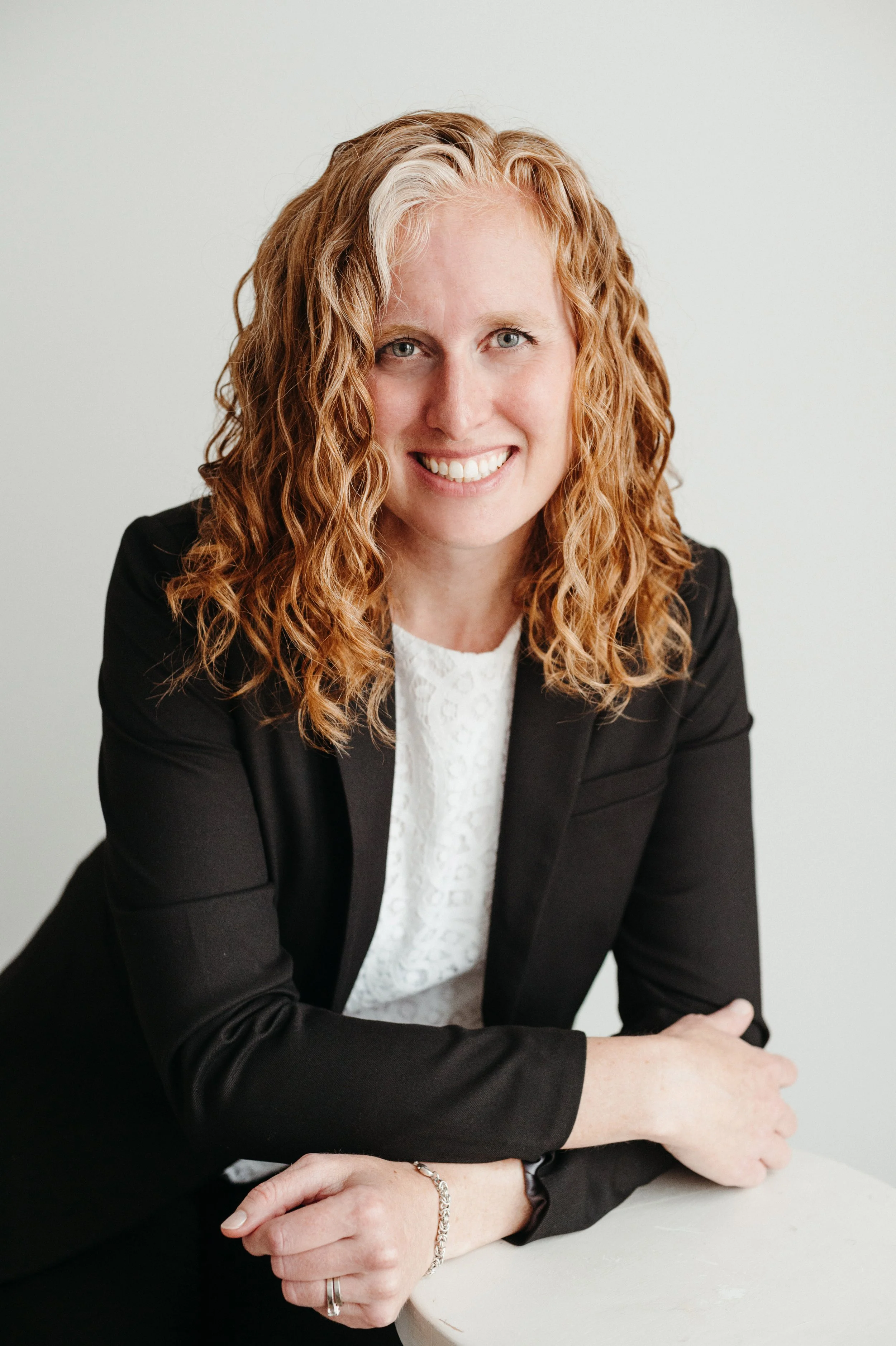
Jessica Pace, PhD
Jessica Pace is the Knowledge Program Manager at the IDHC. She specializes in community-based research with Indigenous communities, with expertise in Indigenous health, program development, and topics such as healthy aging, food sovereignty, and men's wellness.
Meet the ICC
-
Red River Métis Leader & AdvocateAlbert Beck is a prominent Red River Métis leader from the Manitoba Métis community, whose work is deeply rooted in his experiences as a Sixties Scoop survivor and a person living with HIV.
As the Director of the Sixties Scoop, Residential, and Day Schools Department at the Manitoba Métis Federation (MMF), he leads critical efforts in reconciliation, addressing historical traumas, and advocating for justice in areas like child welfare and education.
A passionate advocate for over 25 years, Albert is currently the President of the Ontario Aboriginal HIV/AIDS Strategy (OAHAS), a role he has previously held. In this capacity, he champions culturally appropriate HIV prevention, education, and support services for Indigenous communities. His extensive work in the HIV movement includes serving on national and international bodies, reflecting his commitment to health equity and human rights for Indigenous peoples.
Albert's leadership extends to national Indigenous issues, including the 2SLGBTQQIA+ Committee and the MMIWG2SLGBTQQIA+ National Action Plan. A proud graduate of the United Nations Indigenous Fellowship Programme, he continuously advocates for authentic self-expression and the empowerment of Red River Métis Youth.
-
More Information Coming Soon.
-
Kinew Kwe Nintizhinikaas. Mkwa Dodem Niinda’aw. M’chigeeng Ndoonjibaa. My name is Lisa Mishibinijima and my spirit name is Golden Eagle Woman. I am a mixed white settler and Anishinaabekwe of the bear clan. I am a band member of M’chigeeng First Nation and was born and raised in a small community near Sudbury, Ontario. For the last 20 years, I have worked in different settings including residential treatment, custody facilities, women’s shelters, community counselling, youth justice, outreach, managing a harm reduction program and private practice. Most recently, I started a position supporting the Hepatitis C Program at the Sioux Lookout First Nations Health Authority (SLFNHA) . I had the pleasure in supporting the Anishininiwug Ajimoowin Animisewiinan: Health Status Report in my previous role as the harm reduction manager within SLFNHAEducation-wise, my background is in Human Services, Community Justice, and Addictions, and I graduated with my Master of Social Work in 2022. When I’m not busy with work, I enjoy many land-based activities with my husband, son, and family. This includes canoeing, archery, fishing, and our annual spring and fall hunt on the traditional territory and land of Obishikokaang/Lac Seul First Nation Treaty 3. The longer that I live on the traditional lands, the more that I understand that the land is our teacher. Miigwetch!
-
According to my sqilxw ways, personal introductions come before any other words.
Wai, iskwis (my name is) Percy Lezard. I am xatma sqilxw,and my relations are the Lezards from Sn’pinkton, the Krugers from Arrow lakes and the Baptistes from Chopka. As part of my sqilxw cultural practice, I want to begin my introduction with an acknowledgement of my positionality and responsibilities. In an era across the Academic Industrial complex of race shifters and pretendians it is important to identify who I am, who are people are and who claims me.
I am the Adult-child of Residential School Survivors & Day School Survivors, Valerie Lezard and Moses Baptiste.
My maternal grandparents are Residential School Survivors, twi? pl?wic?ia Elizabeth Lezard (Manual) and twi? na?l sti?ula?x? Ernest Lezard.
My paternal grandparents are Residential School Survivors, twi? Katherine Baptiste (Alec) and na?l twi? George Baptiste.
We are all members of Sn’pinkton (under our custom nations membership), and registered Status First Nations members under the Indian Act to the Penticton Indian Band. Sqilxw people and homelands claim me as a member of their nation in Unceded British Columbia. I continue to live as an invited guest on the lands of the Anishinaabe and Haudenosaunee peoples for the past twenty-five+ years and am responsible to upholding the Dish with One Spoon treaty in my nation-to-nation relations with the caretakers of these territories.
-
Bev Jamieson is a mother of four and grandmother of ten. Bev is Mohawk and Bear Clan from, Tyendinaga, Mohawks of The Bay of Quinte, near Kingston Ontario. Bev is currently the supervisor of HRIC Drop-In Centre, where she helps support the Indigenous and non-Indigenous people in our community.
-
Jessy Dame is a very proud Two-Spirit, Métis, Certified Registered Nurse. Jessy was a recipient of the King Charles III Coronation Medal in September 2024. Jessy’s family is from Treaty 1 and 2 territory, which is known today as Winnipeg and St Rose-du-lac. Jessy has worked within Neonatal/Postnatal health. He currently works casually within a queer sexual health clinic in downtown Vancouver. Jessy is the Indigenous Sex and Gender Leader within the Indigenous Wellness team and the Director of Two-Spirit Health with the Community Based Research Centre. Through these roles Jessy is able to work with and for the Two-Spirit community to create resources and advocate for services.
-
More Information Coming Soon.
-
Established in 1995, the Ontario Aboriginal HIV/AIDS Strategy (Oahas) is an Indigenous-led organization committed to promoting and supporting healthy, thriving Indigenous communities through providing culturally grounded education and access to harm reduction to reduce the transmission of HIV and other STBBIs in our communities. Oahas operates based on the principles of Greater Involvement of People living with HIV/AIDS (GIPA), Meaningful Engagement of People living with HIV/AIDS (MEPA), “nothing about us without us”, Indigenous harm reduction, and respect for our cultural knowledges and teachings. These foundational principles guide all aspects of our relationships and work, including our research projects. Oahas is committed to leading and supporting research projects guided by Indigenous research methodologies built on relationality and strong ethical guidelines.
Meet the Partners
